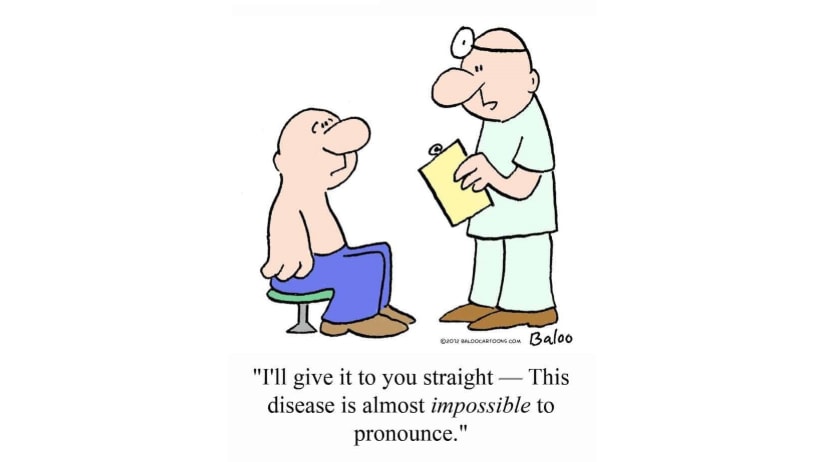Oasis Songs: Musings from Rav D
Friday, December 22, 2017 / 4 Tevet 5778
Whenever Rav Huna had a new medicine, he would hang it outside his door and say, “anyone who has need, let them come and take.”
Ta’anit 20b
Summary: Rabbi Kosak writes about Ballot Measure 101 and Jewish perspectives on medicine and healing.
Does every Oregonian deserve access to affordable high quality health care? Do we owe some loyalty to our neighbors?
That is the question that we Oregonians have to answer on ballot measure 101. The election date for this measure will be on January 23rd, 2018, and we should begin to receive ballots in the next few weeks.

Since 2003, the answer we have given as a state has been “yes, health care is a public mandate.” That was when we began to use a mechanism known as provider assessment. Because of this, hundreds of thousands of our neighbors and tens of thousands of our children gained access to stable, quality care through medicaid. Moreover, it has kept costs down for everyone–individuals with private insurance, health care providers, even insurance companies.
As a result, our health care outcomes state-wide have improved remarkably. A Yes vote on ballot measure 101 will ensure that our current system continues to care adequately for our neighbors while also being fiscally responsible. That is a win-win, which is one reason why I’ll be casting a Yes vote.
What the Torah Demands of Us
It is not the only reason that I’ll be voting that way. From the earliest days, the Torah and our tradition have both permitted and required that we heal the sick. It’s an area of study that is both compelling and authoritative.
In Exodus 21:19, we read, “V’rapo Y’rapeh”– “Heal, One shall surely heal!” From this Biblical verse, our tradition derived a positive commandment to practice medicine. Moreover, our Sages derived from the repetition of “heal” that we are even required to heal illnesses that seem to come from a divine decree. This has not been the case will all other religions.
Later Jewish sources understood this injunction to require a physician to attempt to cure someone. Even if their efforts or medical errors might result in the death of the individual (Tur, YD 336), they had to make a good faith effort. In fact, one legal authority legislated that a doctor who refrained from providing even questionable care was liable as though they committed manslaughter (Beit Yosef, YD 336).
Eliezer Waldenberg was a modern expert in Jewish medical ethics and law. He extended this duty further, stating that pills, shots and medicines that only reduce suffering but don’t heal are still required. Even if an injection might inadvertantly hasten death, as morphine can sometimes do, it falls under the rubric of required healing. (Tzitz Eliezer 13:87)
In far earlier days, our Sages enumerated a list of ten civil requirements that a town, city or municipality had to have. If a place lacked these basic institutions, like a mikveh, a Torah scholar was forbidden to reside there. One of the ten requirements was that a town possess a doctor or hospital.
Is it any surprise, then, that our people has had an ancient and ongoing love affair with medicine? A locale that does not have the means of caring for its ill is therefore not considered a place where Torah can thrive–or should thrive. In other words, Jewish values can never be divorced from the public square.
I can’t presume to tell others how they ought to vote, but:
I can hope that we will all educate ourselves on Measure 101.
I can hope that our shared Jewish values play an important role in shaping how we think about social issues such as these.
I can hope that an image of Rav Huna lingers on our eyes, as he compassionately placed medicine in reach of all those who needed it. Can we do any less?
Blessings of health and healing AND A HAPPY 2018,
Rav D
OASIS SONGS WILL RETURN IN JANUARY 2018
If you’d like to continue this discussion, follow this link to CNS’s Facebook page to share your own perspectives on the topics raised in this week’s Oasis Songs. Comments will be moderated as necessary.



